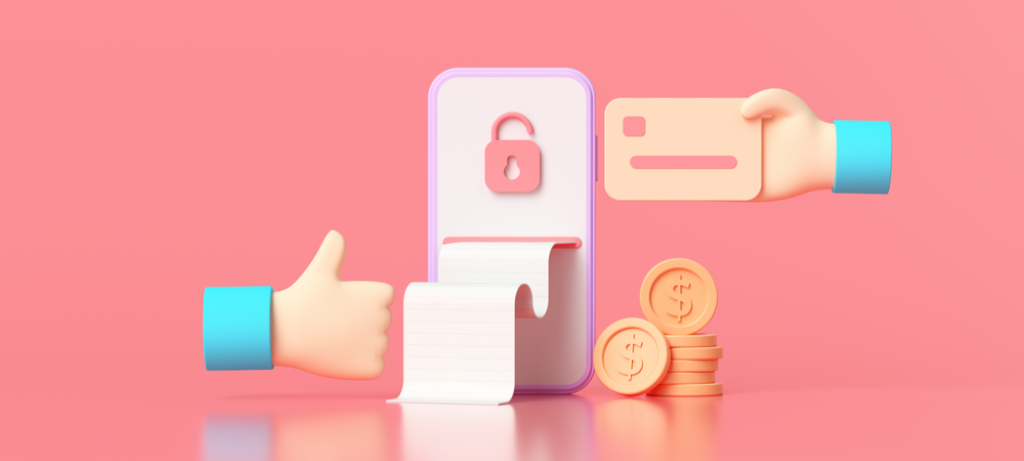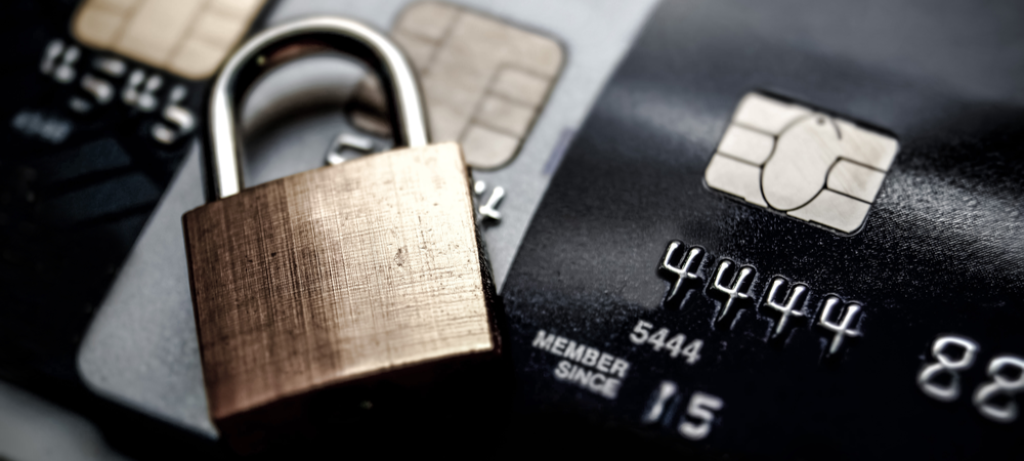How to Protect Your Email Account and Personal Information

- In 2020, the Federal Trade Commission (FTC) reported that 4.8 million people were victims of identity fraud, up 48 percent from 3.3 million in 2019.
- The rise in identity fraud makes it one of the most concerning issues in today’s society; therefore, taking proper steps to protect yourself is essential.
- The best way to protect yourself is by having unique, strong passwords for each website you visit.
In 2020, the Federal Trade Commission (FTC) reported that nearly five million people were victims of identity fraud. These people had their personal information stolen, including their social security number, bank account information, and credit card information. As this is a growing concern in today’s society, it is essential to know what type of information the identity thieves aim for and how to protect yourself from becoming a victim.
Also, as it is the holiday season, right now is the most important time to be careful of where you use your credit cards to purchase gifts for your loved ones. As identity theft can have long-lasting detrimental effects, here are some tips on being aware of it, avoiding it, and preventing it.
How Does Identity Theft Happen?
There are many different ways that hackers may gain access to your personal information, such as through public Wi-Fi, or calling your phone number and trying to make you fall for a scam, or contacting you via social media. Unfortunately, these methods have become common nowadays and have led to millions of people losing their personal information.

Image Credit: Adobe.com / Gorodenkoff
What Information Do Hackers Go After?
Identity thieves are primarily concerned with specific individual information, as these are the types of information that could be sold or be used for personal gain. These thieves usually go after your online banking information, driver’s license number, social security number, date of birth, or email password.
Take Security Precautions
As the character who played Dwight Schrute on the hit show, The Office, once said, “Identity Theft is not a joke, Jim! Millions of families suffer every year!” Therefore, it is vital to take the proper precautions to ensure that your sensitive information is not hacked.

Image Credit: Shutterstock.com
Use Unique Passwords
A 2019 Google study showed that nearly two-thirds of people use the same password across multiple websites. As a result, it becomes relatively easy for hackers to gain access to multiple accounts, all of which could hold compromising personal data.
Therefore, you could protect yourself from people gaining access to your personal information by creating different and strong passwords for each website you visit. A strong password has a mix of the following characteristics: uppercase, lowercase, special characters, numbers, and no ties to personal information.
Using unique passwords reduces the chances of multiple accounts being compromised.
Do NOT Save Passwords
Another way to protect your personal information is not to save your usernames and passwords when your search engine asks you to do so. When usernames and passwords are saved through a password manager, they are stored on a server and accessed when needed. However, when there is a security breach, the hackers access these sensitive files through the operating system’s server.
Therefore, instead of relying on a website or company to keep your password(s) safe, write down each of your passwords in a notebook. This way, if there were to be a security breach on a company’s server, your data is not at risk of being stolen and sold on the black market.
Do NOT Respond to Scam Emails or Phone Calls
The best way to prevent your personally identifiable information from being stolen is by not answering the scam phone calls and not opening scammer emails. The purpose of scam phone calls is to trick you into giving them sensitive information.
Therefore, if you receive a call from an unknown number, either don’t pick up or if you do and feel it is a scammer, hang up before answering any questions. With emails, they are usually set up so that if you click on a link, it will compromise your account. Thus, never click on these links and always check the email URL to ensure the URL is from the actual company and not a fake one.
What to Do If Your Information is Leaked or Hacked
Sometimes, a mistake happens, resulting in your information being hacked or leaked. If this does happen, certain actions need to be taken immediately to minimize the damage of your sensitive information being at the hands of an ill-minded person.
If your information was leaked or hacked due to a data breach, such as the 2017 Equifax incident, change all of your passwords immediately. The hackers who gained access to your information have limited time to put it to use.
Therefore, change your passwords right away to prevent further damage. Furthermore, while changing your passwords, get on the phone with your credit card company and freeze your cards to prevent hackers from using them.
Identity theft is a scary experience, and it could be challenging to recover from it. Therefore, it is essential to note that the only way these hackers successfully commit identity theft is because of the easy passwords people use. Using the methods listed above, you will be equipped and ready to protect your accounts and personal information successfully.
What are some other ways you can protect yourself from identity theft? Let us know in the comments below.
Main Image Credit: Shutterstock.com